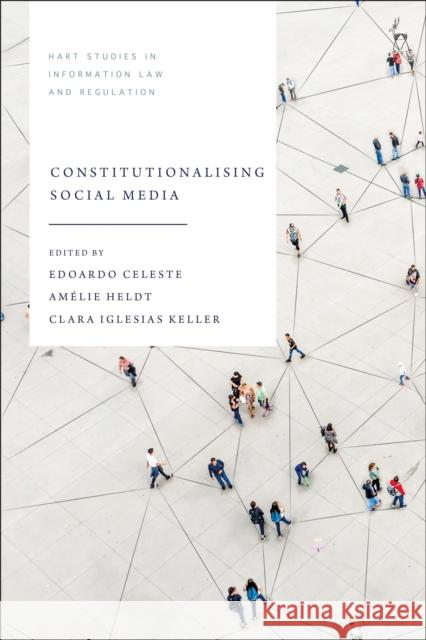Constitutionalising Social Media » książka
topmenu
Constitutionalising Social Media
ISBN-13: 9781509953707 / Angielski / Twarda / 2022 / 352 str.
Constitutionalising Social Media
ISBN-13: 9781509953707 / Angielski / Twarda / 2022 / 352 str.
cena 463,39
(netto: 441,32 VAT: 5%)
Najniższa cena z 30 dni: 446,19
(netto: 441,32 VAT: 5%)
Najniższa cena z 30 dni: 446,19
Termin realizacji zamówienia:
ok. 22 dni roboczych.
ok. 22 dni roboczych.
Darmowa dostawa!
Kategorie:
Kategorie BISAC:
Wydawca:
Hart Publishing
Seria wydawnicza:
Język:
Angielski
ISBN-13:
9781509953707
Rok wydania:
2022
Numer serii:
001243467
Ilość stron:
352
Oprawa:
Twarda
Wolumenów:
01
Dodatkowe informacje:
Obwoluta











